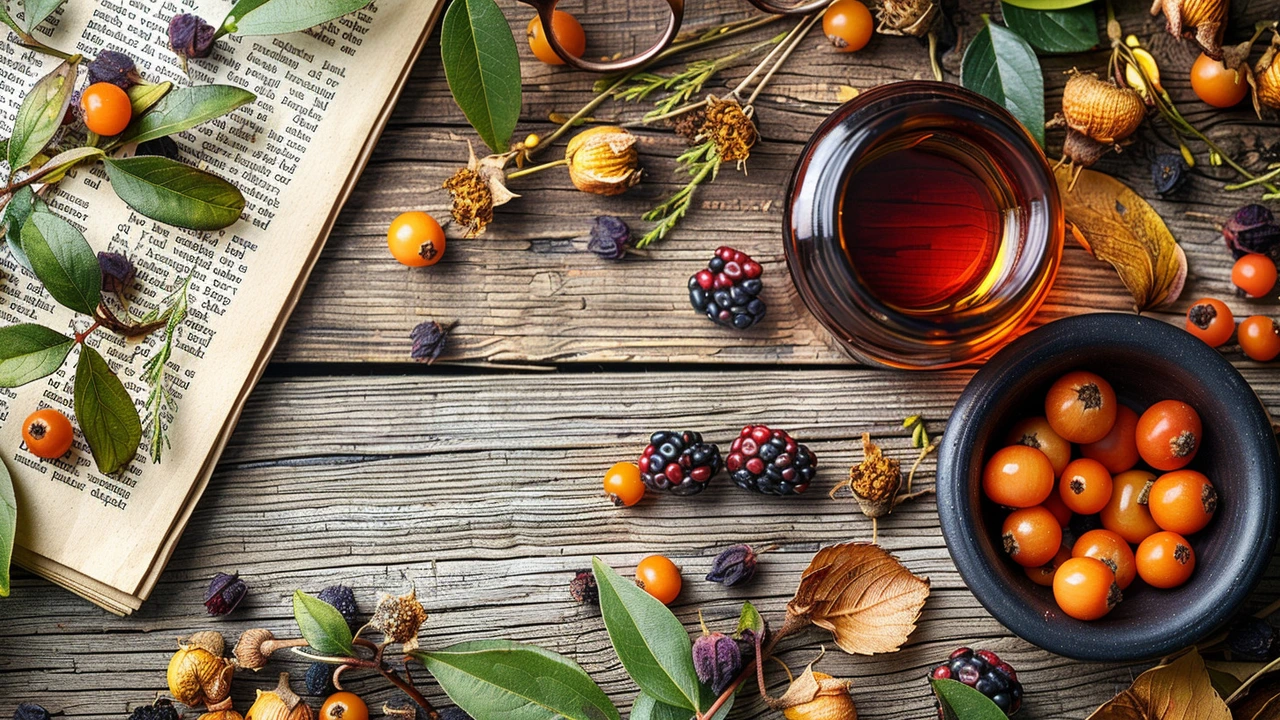Natural remedy: practical herbs, safe use, and what actually works
Want natural remedies that help without causing trouble? Herbs and plant-based supplements can work for some problems, but picking the right one and using it safely matters more than hype. This page gathers straightforward advice and links to in-depth guides so you don’t waste time or money.
Natural remedy means using plants, extracts, or traditional preparations for health — think Jiaogulan tea for mild stress and antioxidant support, or berberine as a supplement some people try for blood sugar and cholesterol. Some items on this site focus on plants (like African wild potato) while others compare natural options to drugs (for hair loss or cholesterol). Use the tag to find those posts fast.
How to pick a natural remedy
First, name the problem you want to fix. Is it mild insomnia, hair thinning, or a cholesterol concern? Match the remedy to that goal. Next, check the evidence: small trials and traditional use are useful signals, but look for human studies or reliable reviews. If you see promising results for a clear outcome, that’s a better choice than vague health claims.
Pay attention to dose and standardization. Many herbs work only at specific doses or when standardized for an active compound. For example, berberine studies use particular daily amounts; saw palmetto research uses defined extracts. Start at the lower end of effective dose, track how you feel, and allow a few weeks to judge benefits.
Think about interactions. Natural doesn't mean risk-free. Herbs can change how prescription drugs work. St. John's wort, for example, reduces some drug levels. If you take blood thinners, diabetes or heart medicines, check with your pharmacist or doctor before adding any supplement.
Safety, sourcing, and buying tips
Buy from reputable brands that show batch testing, ingredient lists, and third-party certification when possible. Avoid powders or pills without clear labeling. For pharmaceutical-grade concerns or if you buy online, read reviews and investigate the seller—our site covers how to spot shady online pharmacies and offers safer alternatives.
Be careful with wild-harvested plants. Some outlines on this site explain safe harvesting and preparation steps, because improper processing can cause toxicity. Pregnant or breastfeeding people, children, and people with serious chronic conditions should avoid experimenting with new herbs without medical advice.
If you want specifics, check the linked articles under this tag — they include practical guides on African wild potato, Jiaogulan, and herbal alternatives for hair, cholesterol, and more. Ask a pharmacist if you’re unsure; they can check interactions and quality. Try one change at a time, document results, and stop if you get new symptoms.
Explore the posts tagged “natural remedy” to find clear how-tos and safety notes tailored to each plant or supplement. If you have a specific condition or medicine, start there and read the practical tips before you buy or try anything new.


